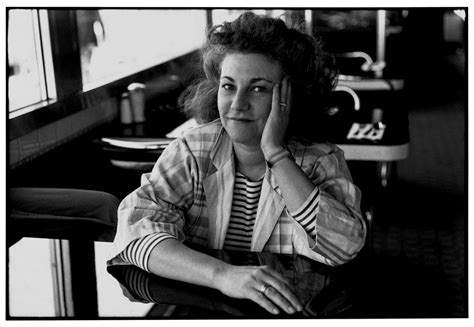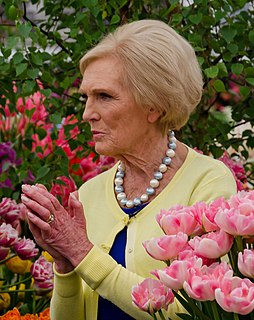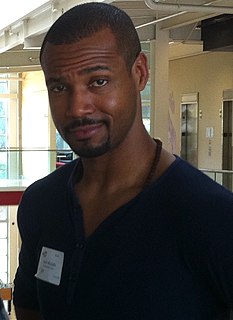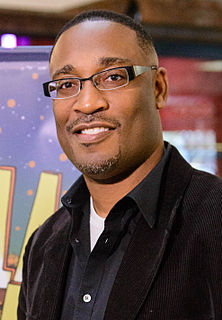A Quote by Nancy Gibbs
Back in the really olden days, dinner was seldom a ceremonial event for U.S. families. Only the very wealthy had a separate dining room. For most, meals were informal, a kind of rolling refueling; often only the men sat down.
Related Quotes
If I host something, even if it's just dinner at my house, I like the event to move. So that means cocktails in the family room, and then moving outside and having appetizers on the patio, and then moving to dinner at the dining table. It's just the idea of the event being curated to every little detail.
Throughout my reading life, I've enjoyed many memorable meals-if only fictionally. The oysters at dinner near the beginning of Anna Karenina, the dinner Nana throws for her overflowing guests in Zola's Nana, the walk through Les Halles for breakfast in Baldwin's Giovanni's Room, and nearly every meal in Monique Truong's The Book of Salt.
Women have only had the vote for less than 100 years. Before that, we were wives and essentially kind of property. We grew up, and our parents wanted us to get married, so somebody else could look after us. And in the last few decades, it's changed. We can now have families without men. But, unfortunately, the dialogue, the old boys club, the locker room talk, has mysteriously not changed at all.
Back in the old days, when I was a child, we sat around the family table at dinner time and exchanged our daily experiences. It wasn't very organized, but everyone was recognized and all the news that had to be told was told by each family member. We listened to each other and the interest was not put on; it was real.
When you had the World Trade Center go, people were put into planes that were friends, family, girlfriends, and they were put into planes and they were sent back, for the most part, to Saudi Arabia. I would be very, very firm with families. Frankly, that will make people think because they may not care much about their lives, but they do care, believe it or not, about their families' lives.
Working- and Middle-class families sat down at the dinner table every night - the shared meal was the touchstone of good manners. Indeed, that dinner table was the one time when we were all together, every day: parents, grandparents, children, siblings. Rudeness between siblings, or a failure to observe the etiquette of passing dishes to one another, accompanied by "please" and "thank you," was the training ground of behavior, the place where manners began.

































